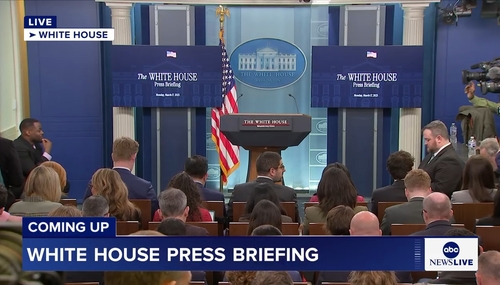While it's nice that the 2000 election cycle made a fool out of Al Gore for his outrageous claim that "I took the initiative in creating the Internet" -- which was in due course shortened by critics to a claim that he invented the Internet -- it's more than a little annoying that an accompanying myth emerged and has long persisted that the Internet was created by the government.
President Obama repeated this supposedly established wisdom during his infamous "You didn't build that" speech" on July 13 in Roanoke, Virginia: "The Internet didn’t get invented on its own. Government research created the Internet so that all the companies could make money off the Internet." Geez, even I know that the original purpose of the Internet had nothing to do with companies making money. But at the Wall Street Journal on Sunday evening, L. Gordon Crovitz took a deep dive into the actual history, and -- Surprise! (not) -- the government wasn't the Internet's creator, or its enabler, but was instead a barrier:
... It's an urban legend that the government launched the Internet. The myth is that the Pentagon created the Internet to keep its communications lines up even in a nuclear strike. The truth is a more interesting story about how innovation happens—and about how hard it is to build successful technology companies even once the government gets out of the way.
... by the 1960s technologists were trying to connect separate physical communications networks into one global network—a "world-wide web." The federal government was involved, modestly, via the Pentagon's Advanced Research Projects Agency Network. Its goal was not maintaining communications during a nuclear attack, and it didn't build the Internet. Robert Taylor, who ran the ARPA program in the 1960s, sent an email to fellow technologists in 2004 setting the record straight: "The creation of the Arpanet was not motivated by considerations of war. The Arpanet was not an Internet. An Internet is a connection between two or more computer networks."
If the government didn't invent the Internet, who did? Vinton Cerf developed the TCP/IP protocol, the Internet's backbone, and Tim Berners-Lee gets credit for hyperlinks.
But full credit goes to the company where Mr. Taylor worked after leaving ARPA: Xerox. It was at the Xerox PARC labs in Silicon Valley in the 1970s that the Ethernet was developed to link different computer networks. Researchers there also developed the first personal computer (the Xerox Alto) and the graphical user interface that still drives computer usage today.
According to a book about Xerox PARC, "Dealers of Lightning" (by Michael Hiltzik), its top researchers realized they couldn't wait for the government to connect different networks, so would have to do it themselves. "We have a more immediate problem than they do," Robert Metcalfe told his colleague John Shoch in 1973. "We have more networks than they do." Mr. Shoch later recalled that ARPA staffers "were working under government funding and university contracts. They had contract administrators . . . and all that slow, lugubrious behavior to contend with."
So having created the Internet, why didn't Xerox become the biggest company in the world?
Read the whole thing for the answer to that intriguing question.
Barack Obama would surely insist that the folks at Xerox "didn't build that." Well, sir, they created Ethernet connectivity. "Government research" didn't, and from all appearances never would have, meaning (as usual any more) you're wrong.
Yet another liberal and liberal media legend officially bites the dust.
Cross-posted at BizzyBlog.com.




